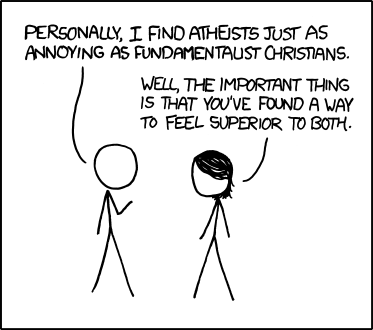We talked about this before, and I unfortunately have not learned a bunch about various forms of transfer payments since last time.

I don't see huge practical differences between a basic income and a negative income tax, although I worry about welfare trap issues.
Can you explain the important distinctions a bit? Obviously with a negative income tax the income scales to 0 at a certain threshold.
Oh, we did! I think the biggest thing for me, if this is truly universal, is that if you give everyone say $20000, what have you actually done to alleviate poverty or effect the income distribution? Really all you've done is raise the bar of what can be considered poverty, and capitalism has done a pretty swell job of that so far, so theres no need for a radical departure.
If it's not universal, and you give everyone under a certain threshold that $20k and leave everyone else the same, how do you take away benefits as their incomes rise? It's kinda like the welfare trap right now. I know this is a meme about Americans not understanding progressive income taxes, but for certain incomes in the lower spectrum, a raise will ensure that you have less money for basic necessities.
How do we ensure that a UBI doesn't have a negative incentive structure like that?
An NIT is just a lot less messy for me. It comes builtin with a minimum income a person will receive if they have no job, and ensures that the act of taking a job will always raise their incomes, and to an appreciable degree. There is never a moment with an NIT where workers are disincentivized from getting a raise, or moving to a higher paying job, as their wage will always rise.
So in summary, either you give a UBI to everyone, in which case there are inflationary expectations that need be explored, and all you've done is raise where relative poverty is located, which is what capitalism does, refrigerator.jpg, or you only give it to poor people, and then you need to explore how you take it away as their incomes rise and whether it disincentivizes a higher paying job.









/cdn0.vox-cdn.com/uploads/chorus_asset/file/6745343/screenshot_l.png)
/cdn0.vox-cdn.com/uploads/chorus_asset/file/6745465/screenshot_l-1.png)
